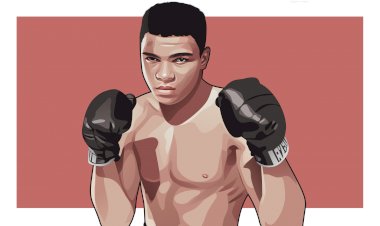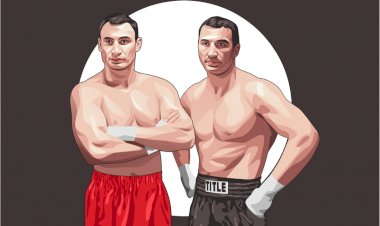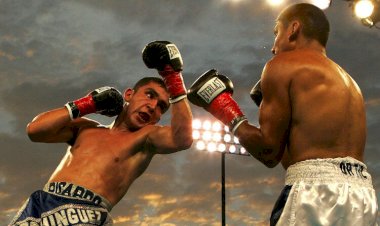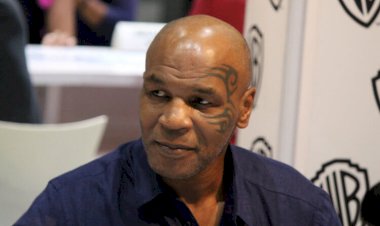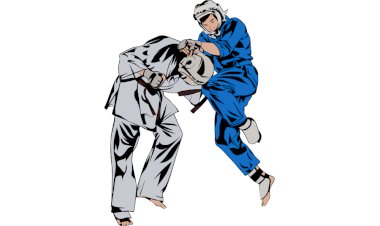How films Influence martial arts
The world of martial arts has long been a fascinating subject for filmmakers, and it's not hard to see why. With their fluid movements, stunning acrobatics, and intense discipline, martial arts have captured the imagination of audiences around the globe. But what about the influence of movies on the martial arts themselves? In this article, we'll explore how martial arts have been shaped by their on-screen portrayals, and how this influence has changed the way martial arts are taught and practiced.
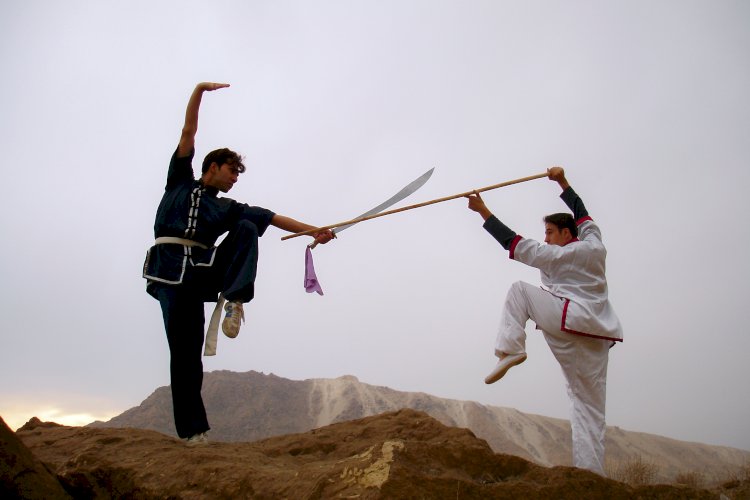
One of the most notable ways that movies have influenced martial arts is in their depiction of the physical form. Take, for example, the iconic image of Bruce Lee, performing his lightning-fast kicks and punches with his shirt off. This image has become synonymous with martial arts, and it's not hard to see why. By showing off his chiseled physique and impressive strength, Bruce Lee created a new standard for what a martial artist should look like. Today, many kung fu schools around the world train their students to perform topless, emulating the look of Bruce Lee and other martial arts movie stars.
However, it's important to note that this emphasis on physical appearance has not always been a part of traditional martial arts training. In fact, in many Asian countries, it's considered inappropriate to remove one's shirt in public. This is just one example of how movies have influenced the way martial arts are taught and practiced, and how this influence can sometimes diverge from the traditional teachings.
Another way that movies have impacted the martial arts is in the way that students view their teachers. In many martial arts movies, the teacher is depicted as a wise and all-knowing master, who must be revered and worshipped by his or her students. This has led to a perception among some students that their martial arts teacher is not just an instructor, but a figure to be worshipped and admired. This can create a power dynamic that is not necessarily healthy, as it can lead to a lack of critical thinking and questioning among students.
This emphasis on the teacher-student relationship can also have negative consequences for the martial arts themselves. In some cases, teachers may prioritize their own egos and desire for adoration over the actual training and education of their students. This can result in a lack of focus on the fundamentals of martial arts, as well as a lack of attention to safety and proper technique.
Of course, not all of the influences of movies on martial arts are negative. Many martial arts movies have inspired countless people to take up the practice themselves, and have helped to popularize and promote the martial arts around the world. Additionally, movies have introduced many people to different styles and techniques of martial arts, helping to broaden the overall understanding and appreciation of these ancient practices.
In conclusion, it's clear that movies have had a significant impact on the world of martial arts. From the physical appearance of practitioners to the way that teachers are perceived, the influence of movies can be seen in every aspect of the martial arts. However, it's important to remember that movies are just one part of the story. While they may inspire and entertain us, they should not be seen as the definitive source for how to practice or teach martial arts. Rather, we should look to the wisdom and teachings of the masters who came before us, and strive to embody the true spirit of the martial arts in all that we do.
Article by Bushu.ch

